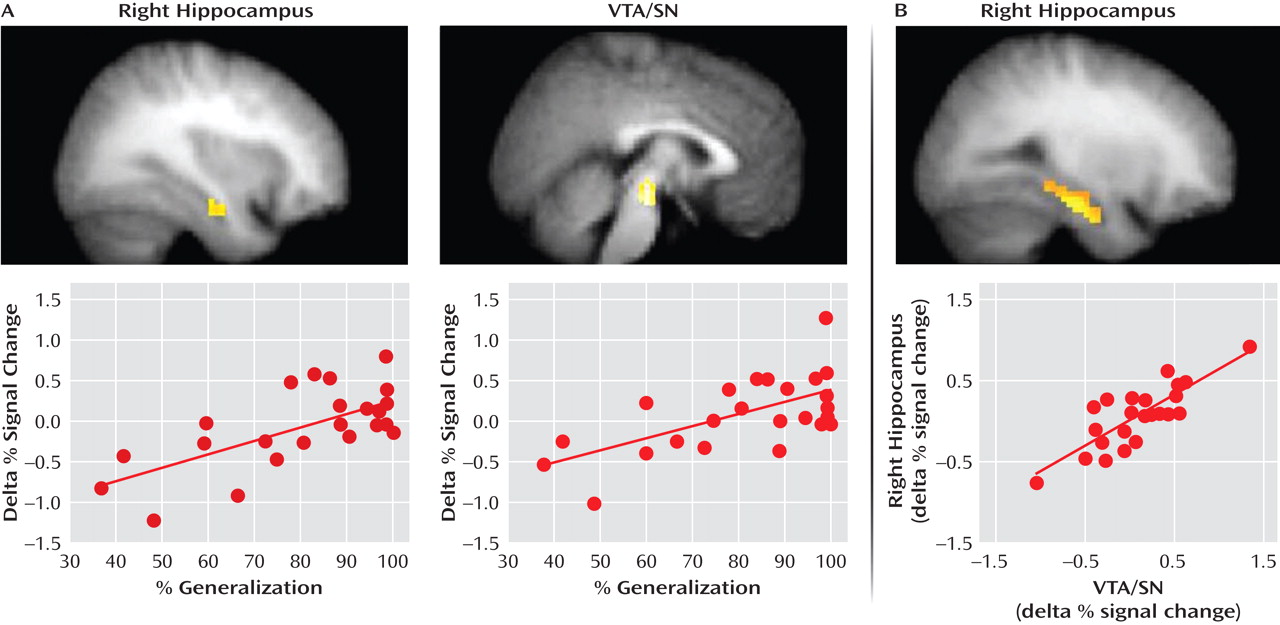Memory is essential to behavior, enabling past experience to guide choices and actions. Since the environment is constantly changing, an individual must be able to
generalize knowledge from one situation to another using memory in a flexible manner. One mechanism by which past experience can guide later decisions and actions is that of logical inference at the time of a decision. An alternative and undoubtedly more efficient mechanism for generalization would be to integrate across events while they are being experienced. Such
integrative encoding would enable online formation of links between discrete memories, providing a rich history that extends across many different experiences. Through this mechanism, generalization would essentially be the same as retrieving an existing memory, i.e., it would be fast, efficient, and automatic. In attempting to understand the mechanisms through which memories are generalized, we developed a behavioral paradigm to probe learning, memory, and generalization in humans and used functional magnetic resonance imaging (fMRI) to explore how the brain supports these processes. In our analyses, healthy subjects learned a series of face-scene associations that were structured to include partial overlap across associative pairs, providing an opportunity for integrative encoding. Performance data showed that generalization varied widely across individuals. The fMRI data indicated that brain activity in the hippocampus and midbrain dopamine regions predicted generalization to future situations
while events were experienced (panel A). Moreover, we found that activity in these two regions was highly correlated, suggesting a cooperative interaction between them (panel B). Notably, activity in these brain regions was selective to generalization and was not related to memory accuracy for experienced events. Furthermore, generalization decisions occurred as rapidly as decisions about previously learned information. The data suggest that successful generalization depends not on future inferences but on how events are encoded in the first place. Among individuals who generalize successfully, the brain is constantly building links across separate events, creating an integrated memory of life episodes. Without successful generalization, memory for individual episodes may be accurate but would not be able to flexibly inform future decisions. The present findings suggest that deficits in memory integration are likely to occur in brain diseases that involve abnormalities in dopaminergic modulation or hippocampal function.


